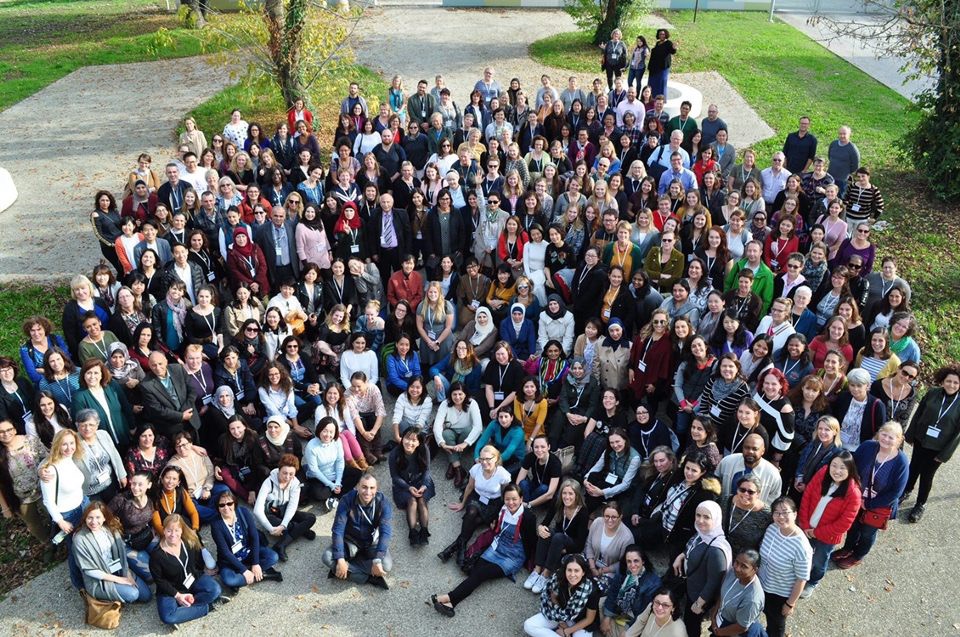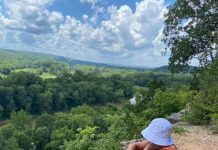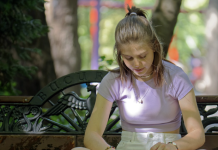Melissa Smith, teacher at Little Sunshine’s Playhouse and Preschool had the opportunity to visit the birthplace of Reggio Emilia, the educational cornerstone on which Little Sunshine is based. She recounts her experience and what she learned below.
Without question, early childhood education is one of the worlds most precious and powerful resources. This idea is fully embraced by educators at Little Sunshine’s Playhouse and Preschool. Here it is universally understood that education is a common good for all and a dynamic, effective approach to education comes from the combined efforts of all.
As a school deeply invested in children, we are committed to providing a high standard of education. The Reggio approach provides a path to multi-dimensional learning through the creation of competent environments in which children are actively engaged in diverse activities that offer a wide range of possibilities, choices, as well as the opportunity to construct their own experiences and learning.
The principals which differentiate this philosophy from other contemporary theories such as Waldorf and Montessori are based off of three principals. First, an emergent curriculum using in-depth projects based off of thorough studies of concepts and ideas gathered about the children’s interests. These projects allow children to be active protagonists of their growth and development where learning is both a process of the individual and group construction. Educators act as advisors helping children to explore directions of research, how to represent learned information and what materials are best suited for the project. Second, the role of the educator is to be deeply involved in learning experiences and act as a guide and resource to the experience. The Reggio approach is relationship based and seeks to have high quality, engaging relationships with oneself, community, educators and school. The third principal explores representational development meaning ideas and concepts are delivered in various forms with varied materials.
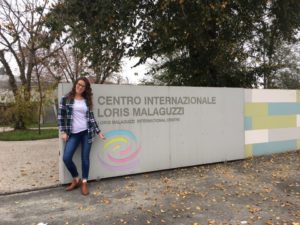
In November, 2018 I had the opportunity to attend an international conference in Reggio Emilia, Italy – birthplace of our school’s philosophy. This philosophy developed by teacher and psychologist Loris Malaguzzi is often cited as an international role model in the field of early childhood education. From the rubble of World War II, this small, central Italian city re-established itself and placed a high priority on education and children as an investment in the future using quality education as an eligible for change.
Reggio Emilia is a charming and passionate city which enthusiastically embraces education. Reflections of the cities commitment to education can be witnessed in the abundant green spaces which hug the many schools where the boundaries between inside and outside are blurred.
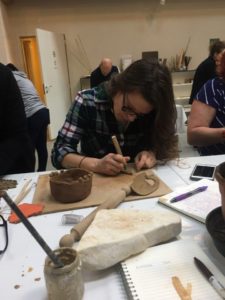
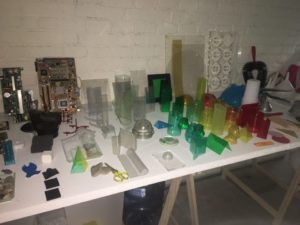
As part of the conference I was able to engage and observe in the rich daily life experienced in the Reggio school system. Here children are invited to express and actively organize their own potentials and interactive social skills, this being the foundation of an emergent curriculum. The design of the schools shows an alliance between environment and education. Educators understand there is a strong dialogue between children and their environment and opportunities for interaction must be made transparent and plentiful. Reggio schools are mindfully designed so the environment acts as a “third teacher”. Diligence to natural and varied materials, aesthetic beauty and thoughtful displays of her children’s work and projects provided a warm and engaging environment that felt full of possibility!
As previously discussed, the Reggio approach places a primacy on relationships, environment and the full acknowledgement of the child and individual potential.
Influenced by constructivist theories our open and curriculum models the Reggio approach. We understand learning is an active participation and children must be allowed to provide input and expression. Our classrooms and materials are influenced by the interest of the children as well as at the stim influenced by constructivist theories our open and curriculum models the Reggio approach. We understand learning is an active participation and children must be allowed to provide input and expression. Our classrooms and materials are influenced by the interest of the children as well as epistemological considerations. Importance of this it’s fully recognize as we understand experience feeds knowledge and this creates a mental representation that becomes learn information.
Sustained by strong education and developmental theory, neuroscience and time I am honored to have had the opportunity to establish a greater appreciation and understanding of this approach. I am grateful to bring inspiration, motivation and movement to our school’s involvement with the Reggio Emilia approach as this opportunity has been one full of wonder, enlightenment and enjoyment.
